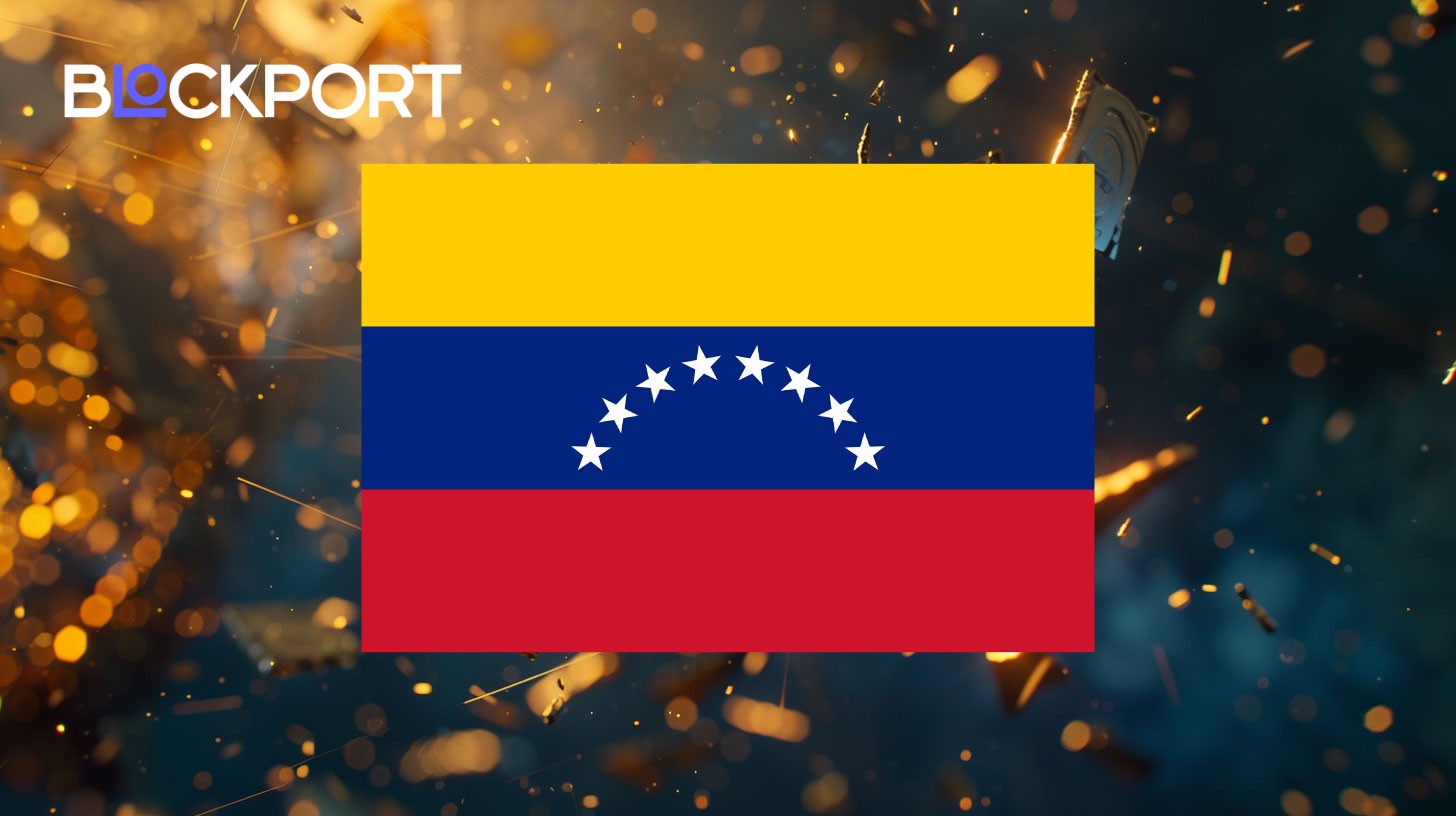South Korea Regulator to Submit Stablecoin Bill in October 2025

The Financial Services Commission (FSC) intends to submit Korea’s stablecoin bill this fall: licensing, reserves, and protections for won-backed tokens.
South Korea’s FSC plans to submit a stablecoin regulation bill to the National Assembly in October 2025. The bill will define licensing requirements for won-denominated tokens and set rules for reserve holdings and market supervision.
The proposed legislation will focus on issuer licensing, disclosure requirements, and reserve management for fiat-backed tokens. It will also clarify which agencies have supervisory authority over different aspects of the market.
The bill targets financial stability and consumer protection gaps before domestic launches of won-pegged tokens begin. Current drafts require asset segregation for reserves backing tokens and bankruptcy-remote protections to separate reserves from issuer funds. Policy papers also discuss minimum capital requirements for issuers and restrictions on business activities beyond token issuance, redemption, and custody.
Lawmakers from competing political parties already introduced separate bills during the summer of 2025. Both proposals agree on full reserve backing but differ on details like whether interest payments on balances should be prohibited. The FSC bill will either complement or consolidate these existing proposals into one framework.
The Bank of Korea has taken a cautious position on implementation. Senior Deputy Governor South Korea’s central bank Ryoo Sang-dai stated it is desirable to “introduce stablecoins gradually,” beginning with regulated banks before wider rollout. The central bank argues that commercial banks should handle initial issuance to protect monetary policy and financial stability.
Nevertheless, tensions exist between the central bank and lawmakers regarding how broadly non-bank companies should be permitted to issue won-based tokens. The BOK warns about potential foreign exchange market risks if issuance expands too quickly across different types of firms.
The October submission follows South Korea’s first comprehensive crypto law, the Act on the Protection of Virtual Asset Users, which became effective July 19, 2024.
Content on BlockPort is provided for informational purposes only and does not constitute financial guidance.
We strive to ensure the accuracy and relevance of the information we share, but we do not guarantee that all content is complete, error-free, or up to date. BlockPort disclaims any liability for losses, mistakes, or actions taken based on the material found on this site.
Always conduct your own research before making financial decisions and consider consulting with a licensed advisor.
For further details, please review our Terms of Use, Privacy Policy, and Disclaimer.



























